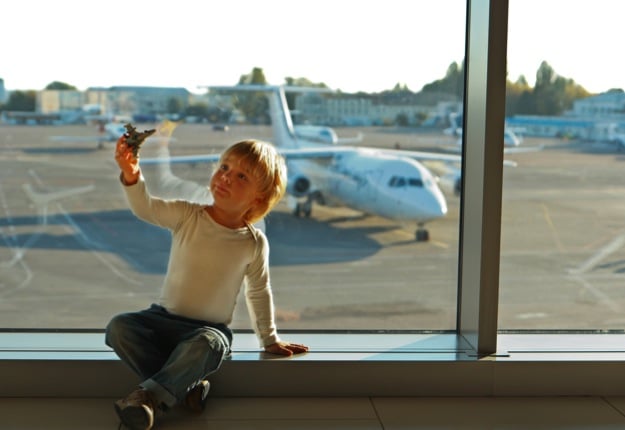Summer usually means extended holidays for the entire family and for those fortunate enough, an overseas adventure.
However, accidents aren’t limited to our shores, as a result, First Aid For You Director, Mary Dawes, has timely advice for those visiting overseas destinations when emergency strikes.
1. Before leaving Australia, make it a priority to check the Smart Traveller website. Some destinations may require a letter from your GP to accompany any medications and the doses you’re taking overseas. Others may require a letter from consulates in Australia. Have multiple copies of these letters in separate suitcases, should a copy go missing.
2. If cruising or heading to a location for the first time, take your own first aid essentials, including tried and tested pain relief, Band-Aids, wrap bandages, anti-itch cream, Aloe Vera, nappy bags (for disposing of rubbish and great if someone has to be ill) and antiseptic wipes. Not only will be you be prepared should an emergency present itself, you won’t have to worry about the quality of a product from overseas.
3. If you’re travelling with young children, especially those who may not have been overseas before, have them be part of the “packing process” and equip them with their own kid-size first aid kit. “Character branded Band-Aids are always a winner, pop everything in a branded Ziploc bag with their favourite cartoon character on the front and talk them through the items in the kit.
4. Should your child suffer from asthma or allergies, place a laminated card (with a hole punch) on the outside of their bag, detailing their condition, what treatments are suitable and best emergency contact numbers while overseas (usually your hotel or relatives details) and those for family or close friends back home.
5. Learn first aid skills before departing, if you are armed with the knowledge of what to do in an emergency, you’ll be saving precious time in what can be a very traumatic experience.
“Our First Aid For Families course is perfect for those travelling overseas, as we equip the attendees with knowledge of how to resuscitate babies and toddlers, treatment for bites and stings and choking management to highlight a few, for a few hours you spend in a course, could save a lifetime of pain and grief,” says Mary. Additionally, learning some basic emergency phrases in the language spoken at your destination, “Knowing one or two phrases will go a long way to help, even if it’s “I only speak English” hopefully someone will be able to find a local who speaks English,” says Mary. Many guidebooks have phrases in the back of the book, with phonetic pronunciation.
6. Check travel insurance options, and ensure you’re covered for the best level of cover appropriate for your family. “There’s nothing worse than having to go to hospital on a holiday and finding out your insurance doesn’t cover the expense,” says Mary.
With a few simple precautions your holiday abroad should be an enjoyable experience for the entire family.
Do you have any tips to add to this list?






















3:40 pm
8:24 pm
5:33 pm
5:34 pm
6:01 pm
6:39 am
1:54 pm
8:52 pm
9:48 pm
12:53 pm
3:09 am
2:22 pm
11:04 pm
6:01 pm
10:27 pm
6:37 am
1:20 am
10:07 pm
8:12 pm
8:06 pm
- 1
- 2
- »
Post a commentTo post a review/comment please join us or login so we can allocate your points.